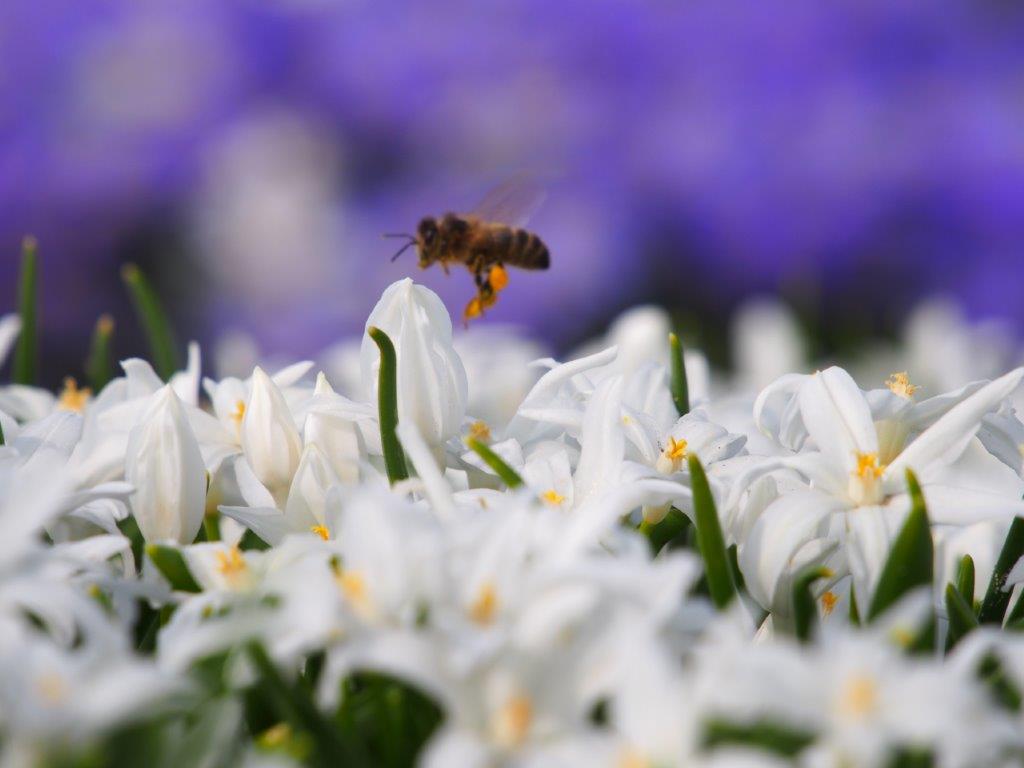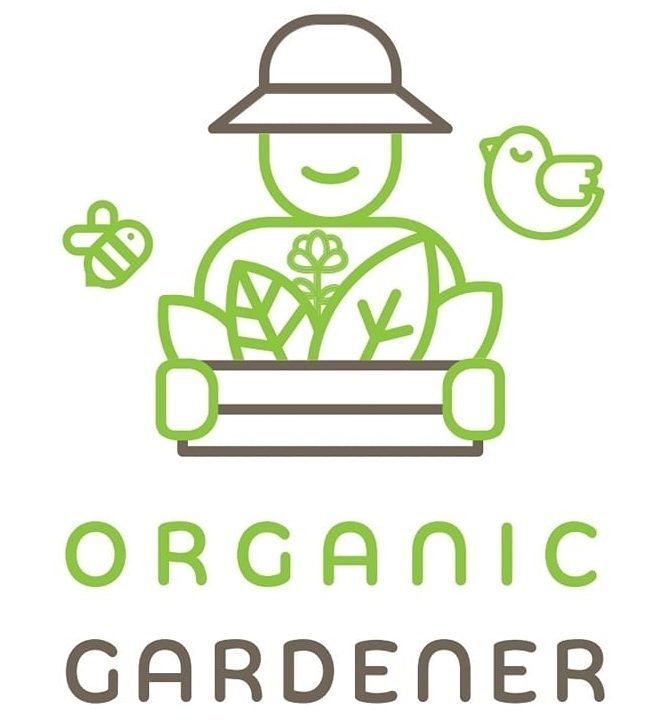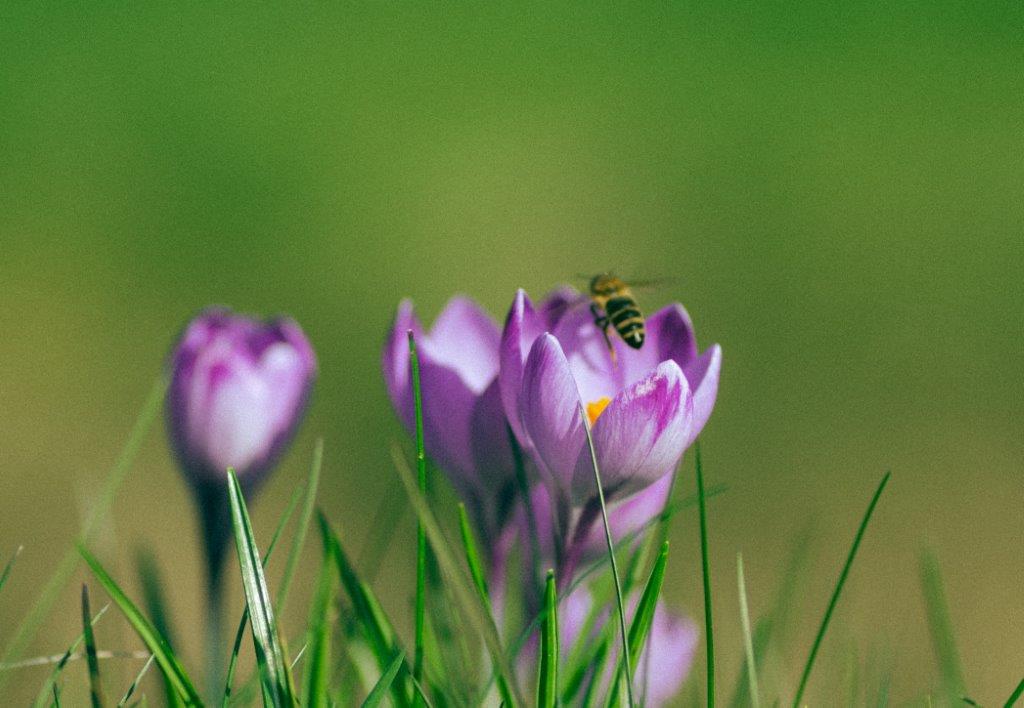Flower bulbs are not only lovely because they mark the start of spring, but also because they are one of the first providers of pollen for pollinators. When you would like to plant bulbs for pollinators, it’s best to look for varieties and species that have single, open, or easily accessible flowers. These are typically more attractive to bees, butterflies, and other pollinators. Additionally, bulbs that bloom at different times throughout the year to provide a continuous source of nectar and pollen for pollinators are a good choice.
Top 10 Bulbs for Pollinators
Selecting the right bulbs for pollinators is essential for promoting biodiversity and supporting their health. When choosing bulbs for your garden that are attractive to pollinators, then consider the following options:
-
Crocus: Crocus flowers are one of the first to bloom in spring and provide an early source of nectar for bees and butterflies.
-
Snowdrops (Galanthus or Leucojum): These early (Galanthus) and later (Leucojum) bloomers attract bees and other pollinators while providing an early food source.
-
Chionodoxa (Glory of the snow): Chionodoxa typically bloom in early spring, often before many other plants have started flowering. This makes them an important source of nectar and pollen for pollinators that emerge from hibernation or overwintering and are in need of nourishment.
-
Daffodils (Narcissus): Some daffodil varieties are more attractive to pollinators than others. Look for the ones with open, trumpet-shaped flowers like Narcissus ‘Sailboat’, Tête-à-tête.
-
Tulips: While not as attractive to pollinators as some other bulbs, there are some species or botanical tulips that are more appealing to them.
-
Allium: These ornamental onions produce globe-shaped blooms in various colors and are attractive to bees and other pollinators.
-
Fritillaria: This bulb plant, with its distinctive bell-shaped flowers, is known to attract bees and butterflies.
-
Anemone: Anemone blanda, in particular, is a good choice for early spring pollinator food.
-
Muscari (Grape Hyacinth): These small, grape-like clusters of flowers are known to attract pollinators.
-
Puschkinia: Puschkinia is particularly attractive to various bee species, including honeybees and solitary bees and provides early-season food sources to support their populations. Also a good bulb for naturalising by multiplying and spreading on their own.
Some other bulb varieties to consider for pollinators are: Hyacinths, Camassia, Erythronium, Iris or Triteleia.
Remember to plant your bulbs in a location with adequate sunlight and well-drained soil to ensure they thrive and continue to attract pollinators to your garden.

Chionodoxa luciliae ‘Alba’
Why Are Flower Bulbs Important For Pollinators?
Bulbous plants are good for pollinators for several reasons. First and foremost, they often bloom early in the spring, providing an essential source of nectar and pollen for pollinators that emerge from hibernation or overwintering, such as bees and butterflies. This early food source is crucial for their survival and reproductive success.
Bulbous plants produce nectar, a sugary liquid that serves as a food source for pollinators, as well as pollen, which is a protein source for bees and other insects. This dual food source is essential for the nutrition of many pollinators.
In addition to their nutritional value, organically grown bulbs and plants are a responsible choice for pollinator-friendly gardening because they prioritize the health of the environment, avoid harmful chemicals, support biodiversity, and enhance the overall quality of nectar and pollen sources. By choosing organically grown bulbs, you contribute to a more sustainable and pollinator-friendly ecosystem in your garden.
Bulbous plants often produce vibrant, colorful, and fragrant flowers that are visually appealing to pollinators. These features help draw pollinators to the flowers and encourage them to visit and pollinate other plants in the process.
Different bulbous plants can attract a variety of pollinator species, including bees, butterflies, and even hummingbirds. The diversity in flower types and colors can cater to a range of preferences among these insects.
Many bulbous plants can naturalize over time, meaning they multiply and spread, forming larger patches of flowers. These larger patches can be even more attractive to pollinators because they provide more food resources in one location.
Bulbous plants are generally hardy and adaptable, making them suitable for various garden settings, including rock gardens, borders, and meadows. Their ability to thrive in different conditions makes them versatile choices for pollinator-friendly gardens.
In summary, bulbous plants are excellent for pollinators due to their early blooming, rich nectar and pollen production, attractive flowers, diverse species attraction, naturalizing effect, and adaptability to various garden environments. These plants play a crucial role in providing essential food resources for pollinators, contributing to the health and diversity of garden ecosystems.


